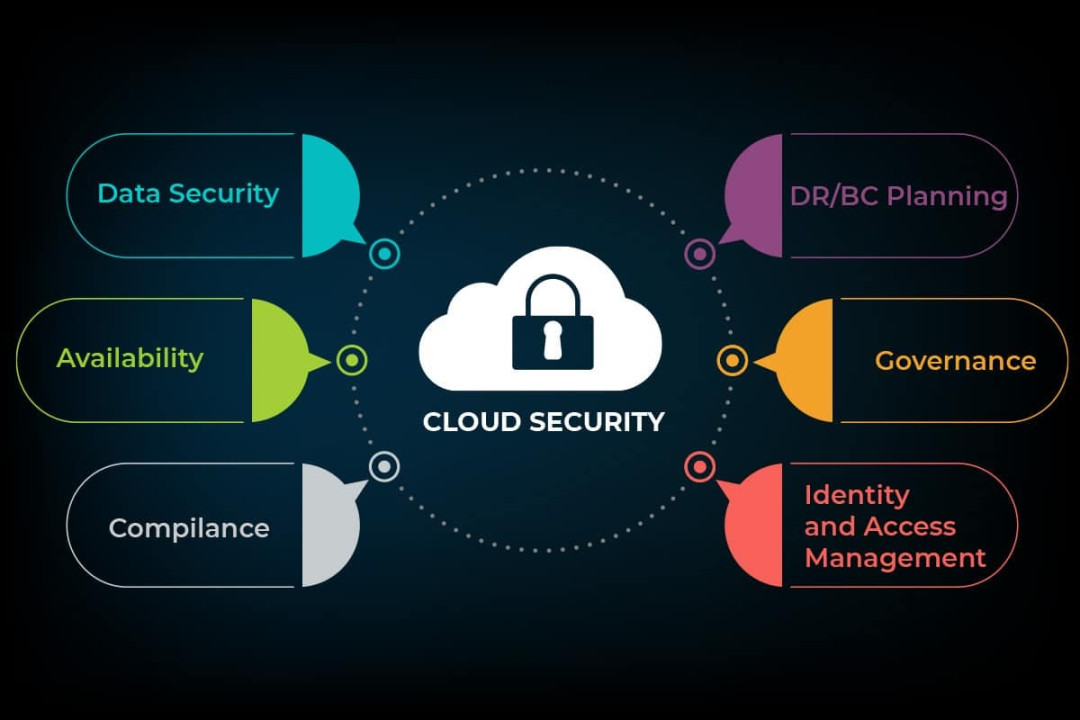Cloud Based Security: Protecting Your Data in the Digital Age
What do you mean by Cloud Based Security?
Cloud based security refers to the practice of protecting data stored in the cloud from cyber threats such as hacking, data breaches, and malware attacks. With the increasing use of cloud services for storing sensitive information, ensuring the security of this data has become a top priority for businesses and individuals alike.
How does Cloud Based Security Work?

Cloud based security works by employing a combination of technologies and strategies to safeguard data in the cloud. This includes encryption, access control, firewalls, and intrusion detection systems. These measures help to prevent unauthorized access to and manipulation of data stored in the cloud.
What is known about Cloud Based Security?
Cloud based security is known for its scalability and flexibility, allowing organizations to easily adjust their security measures to meet their specific needs. Additionally, cloud based security is cost-effective, as it eliminates the need for expensive on-premises security infrastructure.
What are the common challenges faced in Cloud Based Security?
One of the common challenges faced in cloud based security is the lack of visibility and control over data stored in the cloud. This can make it difficult for organizations to monitor and secure their data effectively. Additionally, the shared nature of cloud infrastructure can pose security risks, as a breach in one account can potentially impact others.
What are the Solutions for Cloud Based Security?
To address these challenges, organizations can implement a multi-layered security approach that combines encryption, access control, and monitoring tools. Additionally, regular security audits and updates are essential to ensure the integrity of data stored in the cloud. Training employees on best practices for cloud security is also important to prevent human error and negligence.
Information on Cloud Based Security
Cloud based security offers several benefits, including increased data protection, reduced costs, and improved scalability. By leveraging cloud based security solutions, organizations can ensure the confidentiality, integrity, and availability of their data, regardless of its location.
Advantages of Cloud Based Security
One of the main advantages of cloud based security is its ability to provide real-time threat detection and response. With advanced monitoring tools and analytics, organizations can quickly identify and mitigate security incidents before they escalate. Additionally, cloud based security allows for automated security updates and patches, reducing the risk of vulnerabilities being exploited by cybercriminals.
Conclusion
In conclusion, cloud based security is an essential component of modern cybersecurity strategies, offering a cost-effective and scalable solution for protecting data in the cloud. By implementing robust security measures and staying informed about the latest threats and best practices, organizations can effectively safeguard their sensitive information from cyber threats.
FAQs (Frequently Asked Questions)
1. What are some best practices for securing data in the cloud?
Some best practices for securing data in the cloud include implementing strong encryption, using multi-factor authentication, and regularly monitoring and auditing access to sensitive data.
2. How can I ensure the security of my data in the cloud?
To ensure the security of your data in the cloud, it is important to choose a reputable cloud service provider with robust security measures in place. Additionally, regularly updating your security settings and training employees on security best practices can help mitigate risks.
3. What are some common security threats to data stored in the cloud?
Common security threats to data stored in the cloud include data breaches, ransomware attacks, and insider threats. By implementing proactive security measures and staying informed about the latest threats, organizations can better protect their data from these risks.
4. How does cloud based security differ from traditional on-premises security?
Cloud based security differs from traditional on-premises security in that it leverages cloud infrastructure and services to protect data stored in the cloud. This allows for greater flexibility, scalability, and cost-effectiveness compared to traditional security measures.
5. What are some key considerations for implementing cloud based security?
Some key considerations for implementing cloud based security include understanding the shared responsibility model of cloud security, conducting regular security assessments, and establishing clear security policies and procedures for employees to follow.


